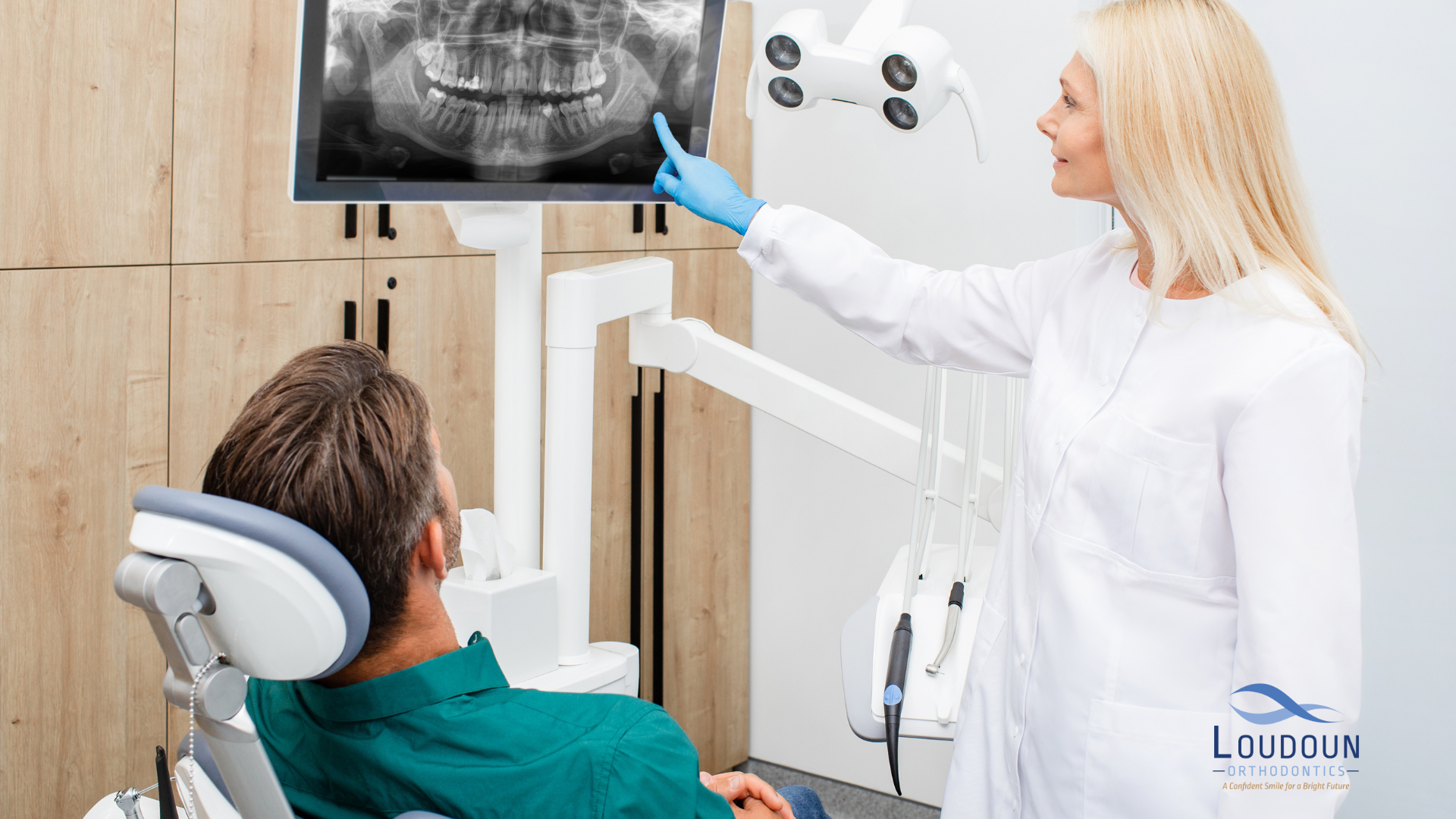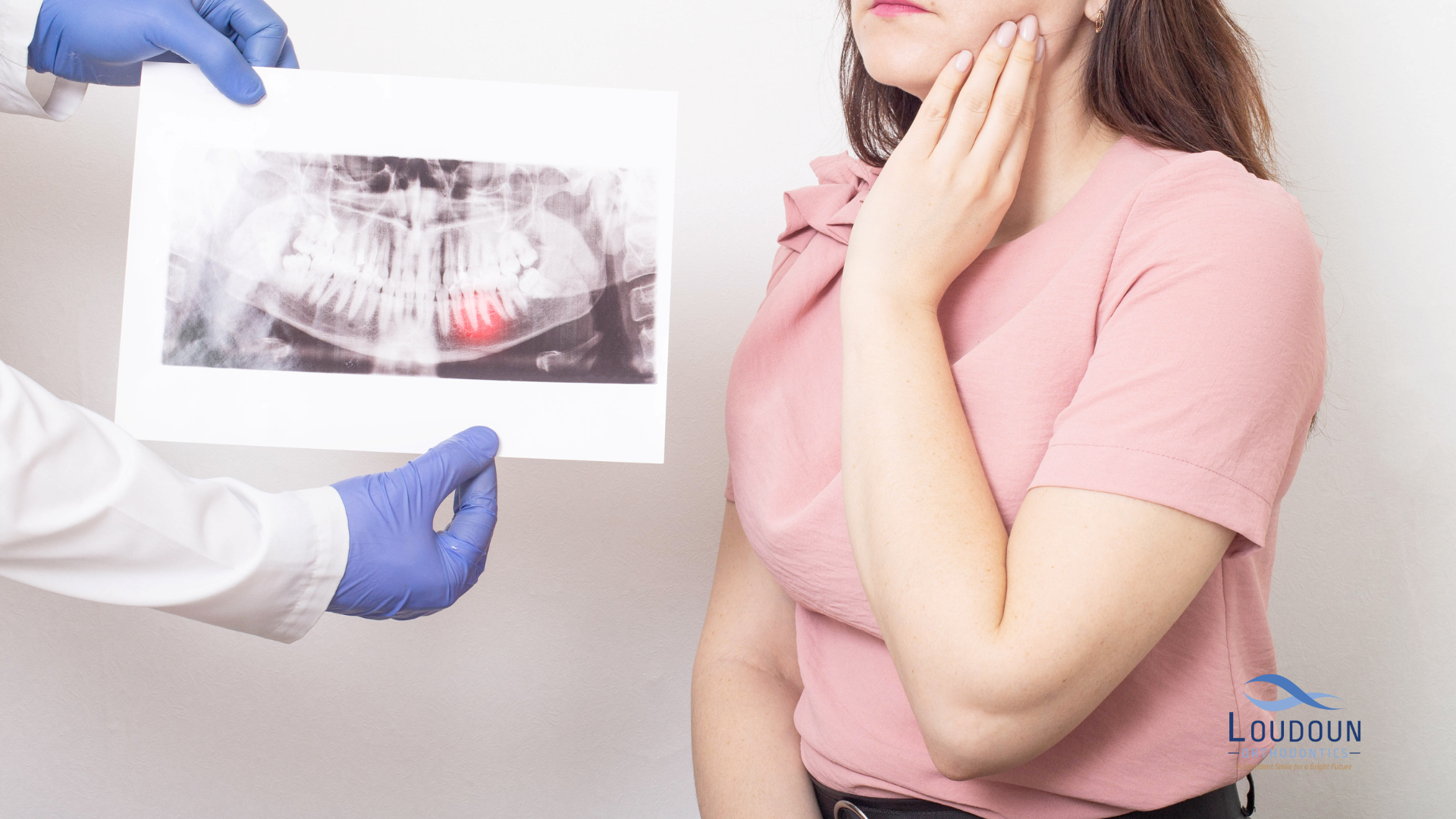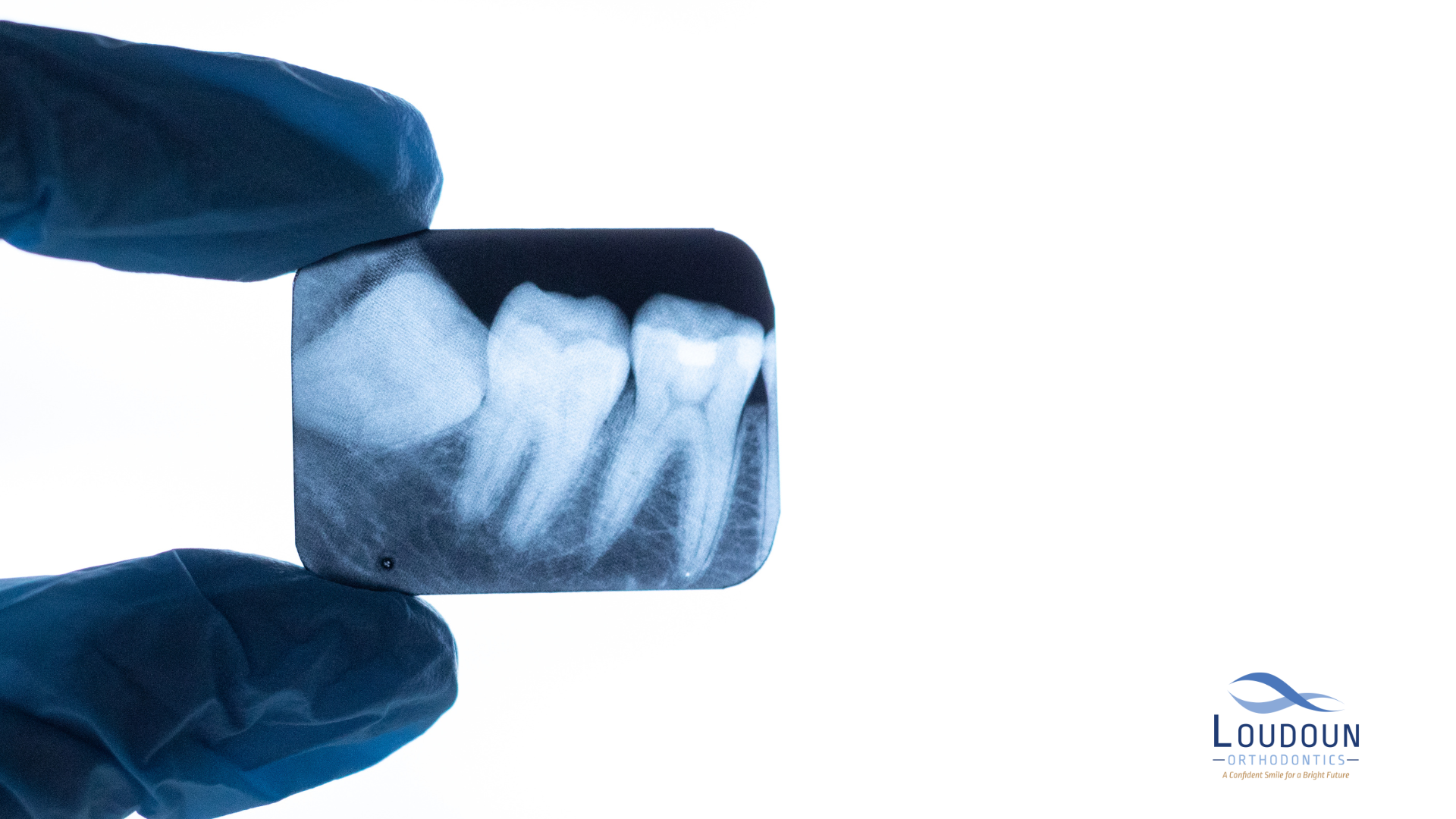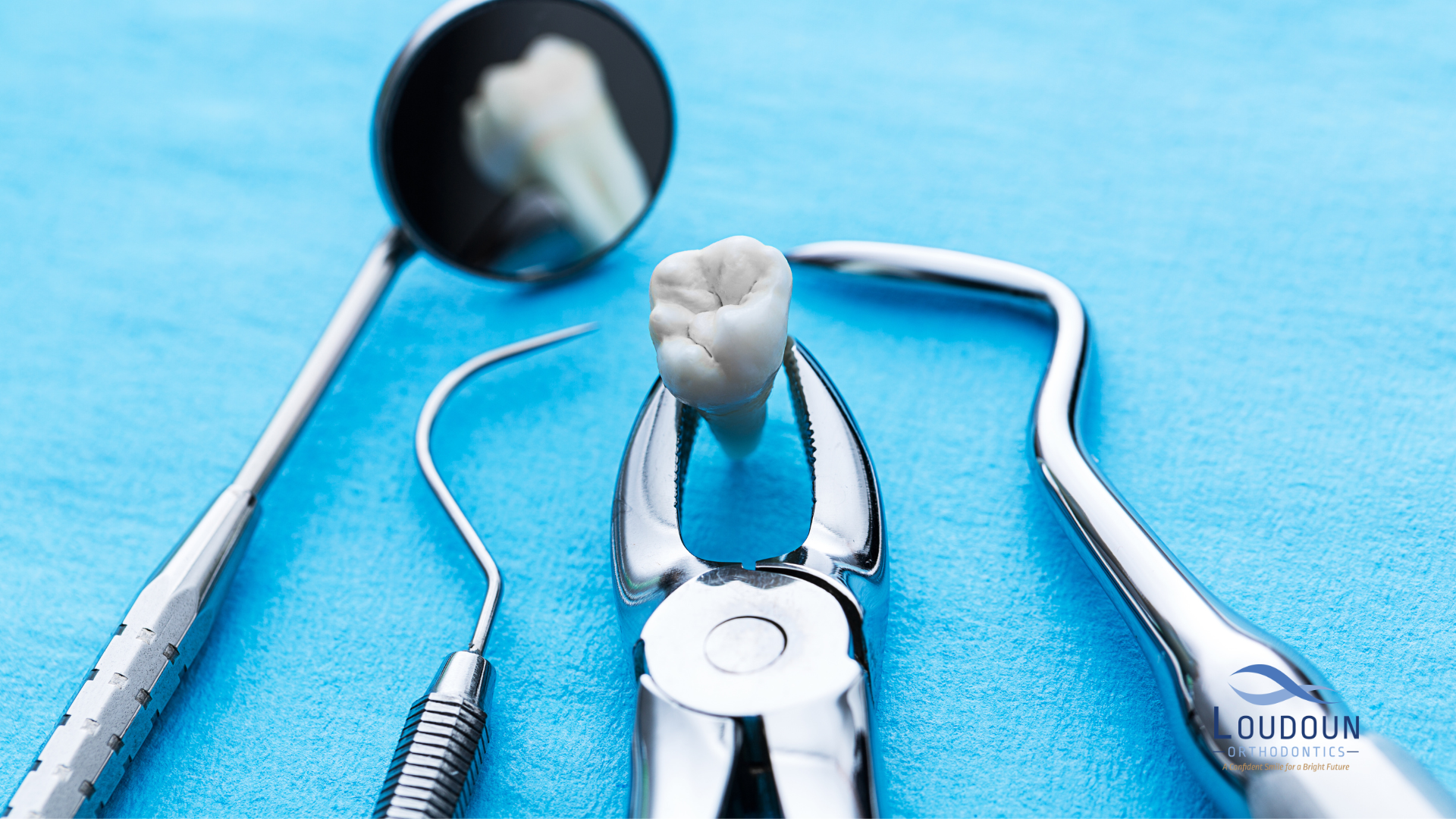You’ve likely heard various anecdotes from friends and family about wisdom teeth – some sharing extraction stories, while others seem unaffected. This might lead you to wonder, “Do all people have wisdom teeth?”
Despite being considered a common aspect of adulthood, not everyone has a tale to tell about them. Some have experienced their emergence without issues, while others have faced dental visits for extraction or braces. Interestingly, a few might not have them at all.
Let’s delve into the intriguing world of wisdom teeth, exploring why some people have them and others don’t and whether they are a necessary part of our dental anatomy or simply a relic of the past.
Whether you’re a curious teenager, a concerned parent, or just someone interested in human anatomy, this topic offers wisdom for everyone!
Table of Contents
What Are Wisdom Teeth, and Why Do We Have Them?
Wisdom teeth, also known as third molars, are the last to develop and emerge in the human mouth, typically appearing in the late teens or early twenties.
While most people have four wisdom teeth, one in each corner of the mouth, it’s not uncommon for some to have fewer or none at all.
The name “wisdom teeth” is often associated with the timing of their appearance during a period linked to increased maturity and wisdom.
Historically, these molars served a crucial function for our ancestors with a diet requiring more chewing power, but as diets evolved, the necessity for these teeth has diminished.
Why Do Some People Get Wisdom Teeth Removed?

Wisdom teeth removal is a common oral surgery procedure, often recommended due to the tendency of many wisdom teeth to become impacted.
Impacted wisdom teeth may grow at various angles, including horizontally or within the jawbone, leading to potential dental issues such as tooth decay, gum disease, and infection.
Their challenging positioning makes them hard to clean and may cause damage to surrounding teeth.
Pain and discomfort associated with the eruption of wisdom teeth are additional reasons for their removal, as severe pain can affect eating and lead to other dental problems.
Regular dental visits, particularly in the late teens and early twenties, are crucial to monitor wisdom tooth development and assess the need for removal.
How Do I Know if I Have Wisdom Teeth?

Detecting the presence of wisdom teeth involves recognizing signs like discomfort or pain in the back of the mouth, although not everyone experiences pain.
A definitive confirmation typically requires a dental X-ray, a standard procedure during check-ups, particularly for individuals in their late teens and early twenties.
X-ray images can reveal the existence of wisdom teeth, their growth direction, and whether they are impacted, indicating insufficient space for proper emergence.
Regular dental examinations and X-rays play a crucial role in monitoring and addressing potential issues related to wisdom teeth.
Genetic Factors Influencing Wisdom Teeth Development

The absence of wisdom teeth, known as third molar agenesis, often stems from genetic factors. Research suggests that specific genes can influence the presence or absence of wisdom teeth, as well as the quantity.
If your parents did not have all four wisdom teeth, there’s a likelihood you might follow a similar pattern of development or lack thereof.
Furthermore, dental anomalies, such as variations in jaw size or the presence of other permanent teeth, can impact the development and eruption of wisdom teeth.
Understanding these genetic factors provides insights into the variations in wisdom tooth presence among patients.
Is It Rare Not to Have Wisdom Teeth?
The absence of one or more wisdom teeth, known as third molar agenesis, is not uncommon and has been observed in a substantial percentage of the global population.
This congenital absence is linked to the evolutionary changes in human diets and jaw sizes over time.
Interestingly, some individuals might lack all four wisdom teeth, reflecting the ongoing evolutionary adaptations in dental anatomy.
Is It Rare to Have All 4 Wisdom Teeth?
While having all four wisdom teeth is common, evolutionary trends are making it less prevalent.
The development of all four wisdom teeth can often lead to overcrowding and an increased likelihood of impaction due to limited space in the mouth.
Regular dental check-ups are crucial for monitoring wisdom teeth development, regardless of the number present.
Dental surgeons can assess factors such as tooth alignment, pain, and the potential for dental problems to determine whether wisdom teeth removal is necessary.
What Is the Oldest Age You Can Get Wisdom Teeth?
While wisdom teeth typically emerge in the late teens to early twenties, there are instances of them appearing later in life, even in the late thirties or beyond.
The timeline for wisdom teeth emergence can vary based on individual dental development and genetics.
In rare cases, impacted wisdom teeth stuck in the jawbone may start moving later in life, causing dental problems or discomfort.
Regular dental check-ups are crucial at any age. They allow dentists to assess the need for wisdom tooth removal and address associated issues like tooth decay or gum disease.
Can I Predict if I’ll Get Wisdom Teeth?
Regular dental check-ups, accompanied by dental X-rays, offer valuable insights into the development of wisdom teeth.
X-rays can detect the presence and positioning of wisdom teeth, providing information about whether they are impacted or have sufficient space to grow without causing issues.
Dentists and oral surgeons consider factors such as age, the alignment of other teeth, and the overall health of gums and surrounding teeth to predict the likelihood of wisdom teeth emergence and determine if removal is advisable.

Say Goodbye to Wisdom Tooth Woes with Dr. Lee in Leesburg, VA!
Contact Loudoun Orthodontics if orthodontic care is the solution to your dental woes. Whether you want to learn more about the benefits of orthodontic care or have questions about the process, use our live chat or call (703) 858-0303 or message us through our Contact Us page to connect with our friendly staff today and book a complimentary consultation!
Our office, located at 19465 Deerfield Ave. Suite 304, Leesburg, VA 20176, proudly serves the Loudoun County. So, if you’re residing in Ashburn, Leesburg, or Sterling and are looking for one of the best orthodontists in Northern Virginia, don’t hesitate to visit our office!
We also invite you to keep up with our blog to get answers to many of the frequently asked questions about maintaining your perfect smile, and follow us on Facebook and Instagram to become a part of our smiling community!

